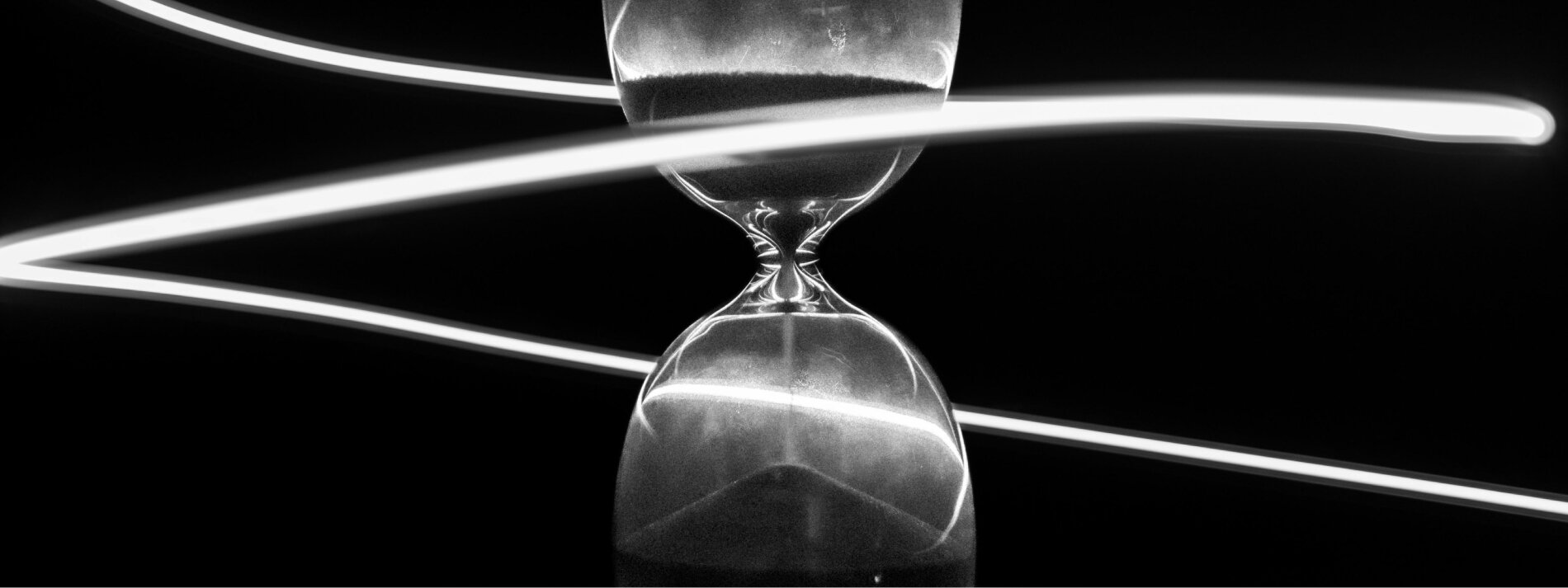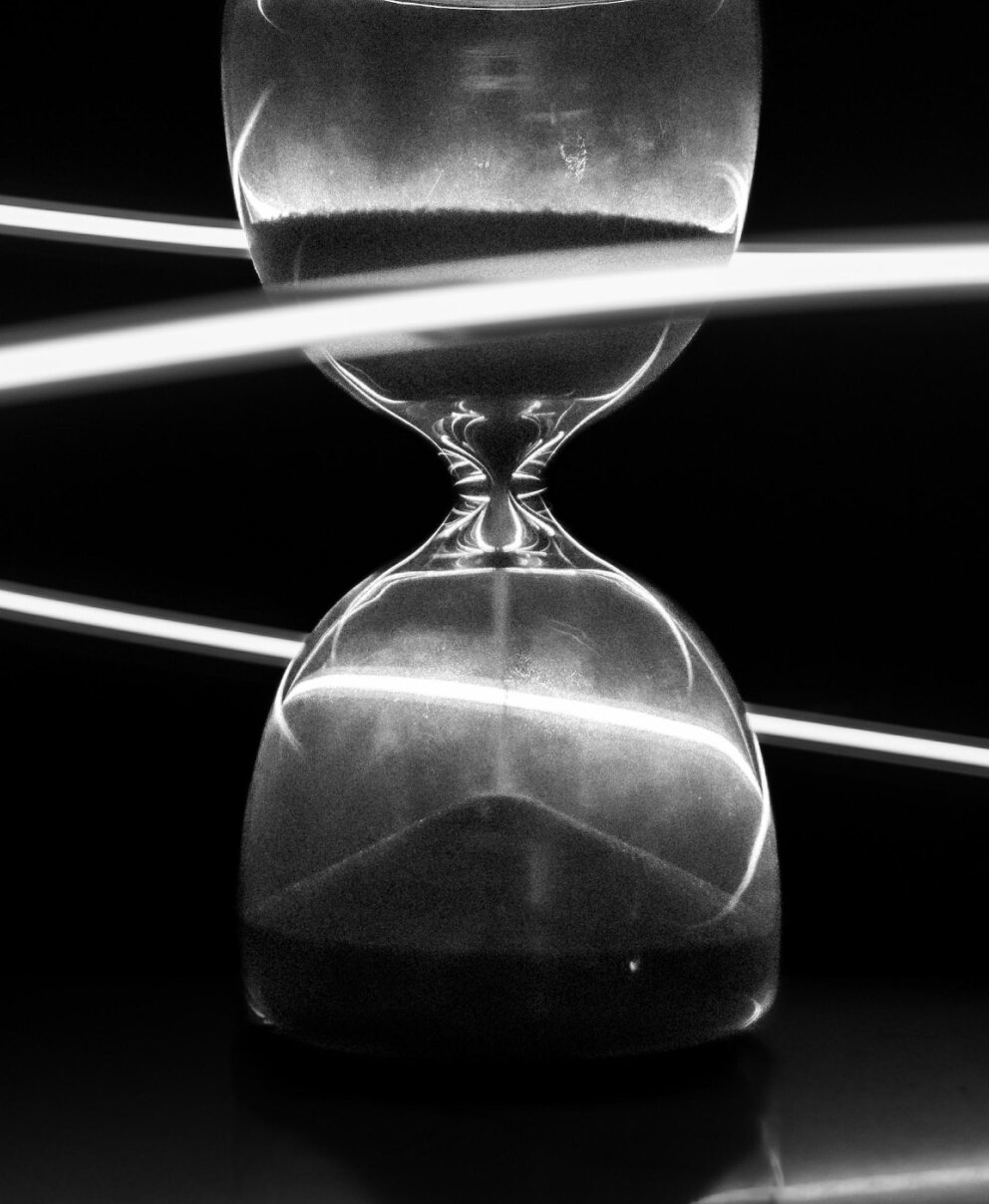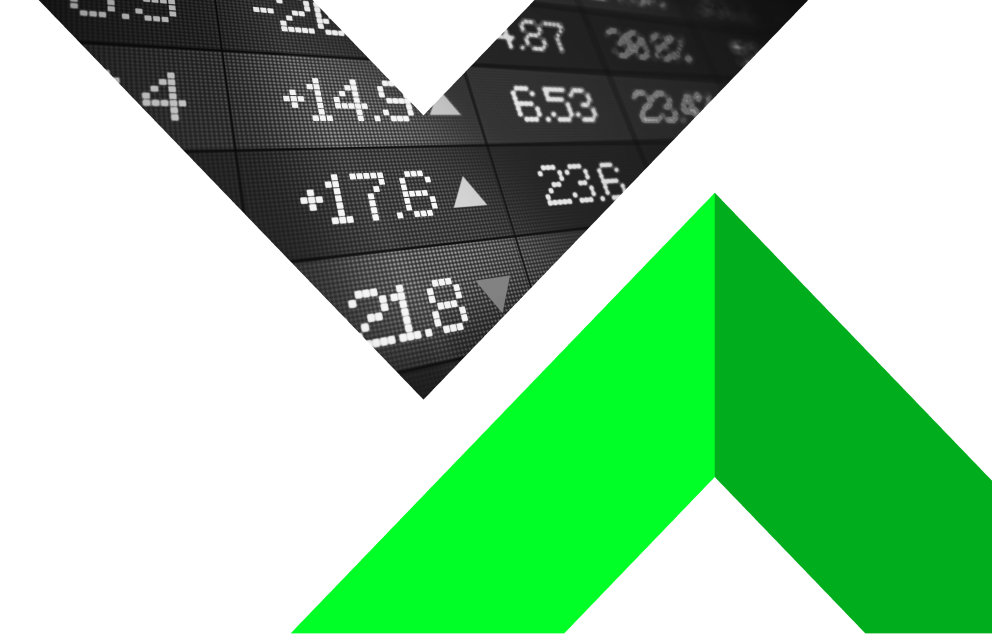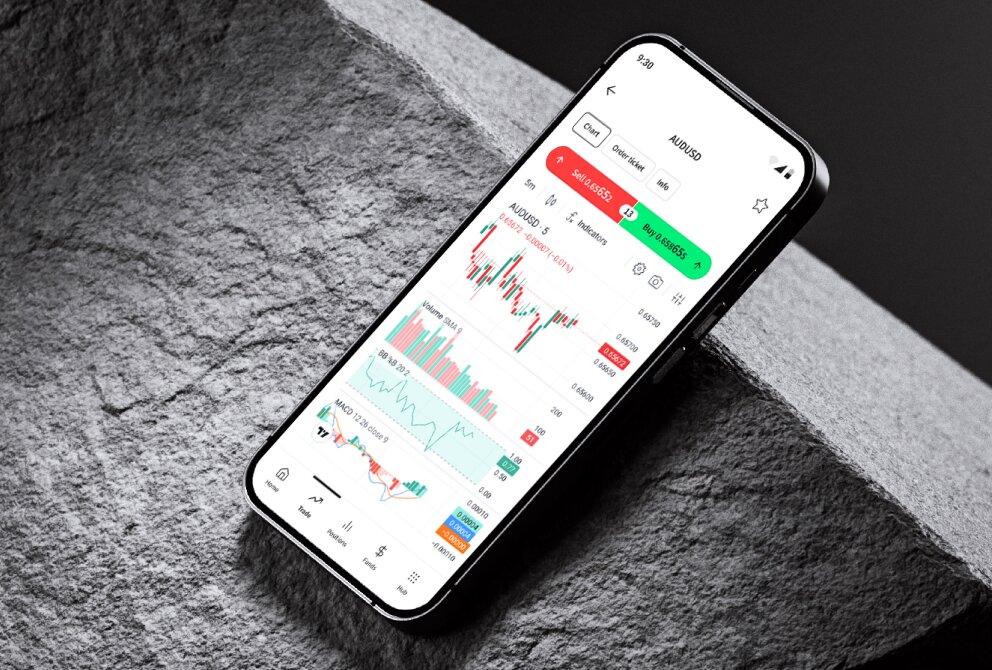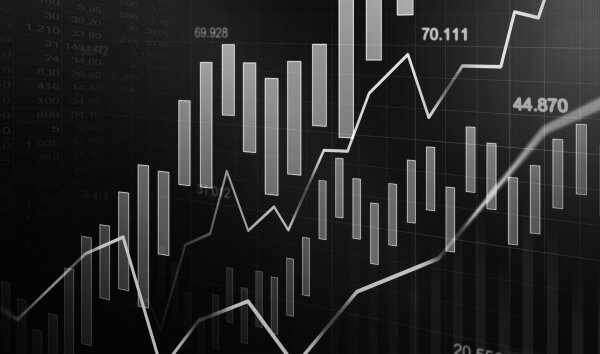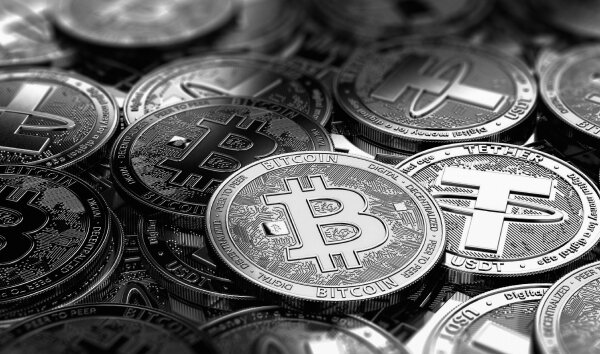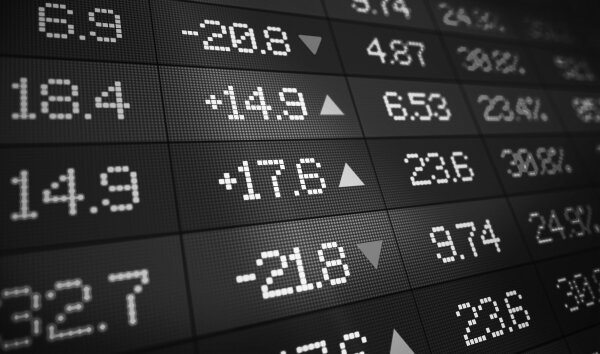What are Futures CFDs?
With Alpari, you can trade futures as Contracts for Difference (CFDs).
Future CFDs differ from regular futures contracts in that traders have no obligation to exchange on the underlying asset when the contract expires.
Trading futures as CFDs offer a number of advantages, particularly for longer-term traders:
- Position sizing: future CFDs give you more flexibility with the size of your trade
- Swap-free: with future CFDs, you won’t need to pay any swaps or related charges for keeping your position open overnight
- No commitment: unlike with regular futures contracts, there is no obligation to exchange the underlying asset at expiry
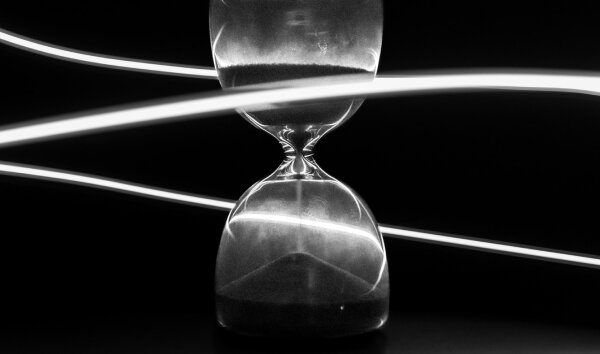
What is Futures trading?
With a Futures contract, you commit to buy or sell an asset at a set price on a future date.
When the time comes, the buyer and seller must exchange the underlying asset - taking delivery of a physical asset or paying the cash difference between the agreed-upon contract price and the current market price.
Future contracts can help traders protect against market volatility by hedging their other open positions.
How to trade Futures with Alpari
The latest Futures insights and analysis
Frequently asked questions
With FXTM, you can trade a range of futures as contracts for difference (CFDs), covering some of the most popular stock indices.
Indices available as Future CFDs
- S&P 500 Index
- Nasdaq 100 Index
- Dow Jones Index
- DAX40 Index
Yes, our platform is equipped with educational resources and support to help beginners get started with futures trading. Please note, trading on leverage involves significant risk. While leverage can amplify your potential returns, it also increases the potential for significant losses. As a trader, it's vital you understand the risks involved.
'Spot' or 'cash' future contracts and future CFDs differ in one main way - costs.
With futures CFDs, you avoid overnight swap charges but face rollover fees when the expiry date arrives. Regular futures contracts don’t have rollover costs but do incur overnight swap fees every night you hold your position open.
Long-term traders often lean towards futures CFDs to dodge daily swap charges. They're also more suited to those who don't want to pay swaps for religious reasons.
No, futures contracts are not binary investments.
With future trading, you commit to buy or sell an asset at a predetermined price and date. With binary options, you are essentially predicting a "yes-no" outcome - whether the price of an asset will rise or fall during a specified period.
Day trading futures and options are different in how they work and the risks involved.
Both involve guessing if prices will go up or down but with futures trading, you have to follow through on a deal when it ends, either by delivering the asset or settling in cash.
Options, on the other hand, let you choose to buy or sell without being obligated to exchange, giving more flexibility but often costing more upfront.
Yes, you can keep trading the same futures contracts regularly, as they renew based on their expiration dates.
With future CFDs, you will need to pay a small ‘rollover charge’ to keep your position open.
This lets traders consistently work with their favourite contracts. Just remember to keep an eye on market changes and review your position carefully.
